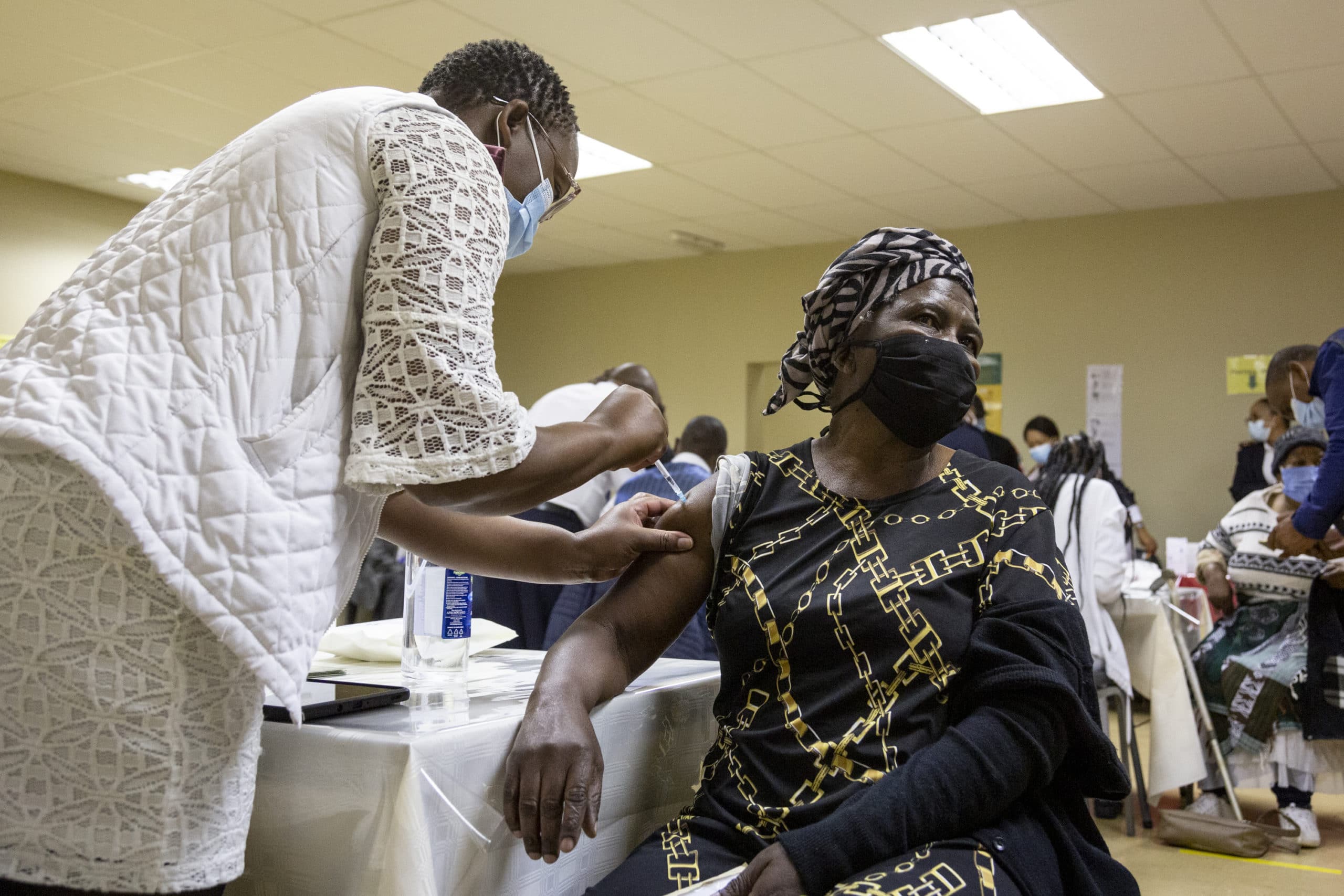Increasing case numbers and higher rates of test positivity indicate that South Africa is entering its fifth wave of COVID-19 infections, in large part driven by two new variants of concern.
South Africa is currently recording its highest surge in COVID-19 cases since January of this year, marking the escalation into a fifth wave of infections, and what some public health scientists will be the largest wave yet.
The National Institute of Communicable Diseases (NICD), the state body which tracks and records infection and hospitalizations, reported daily new cases of just over 10 000 across the country yesterday, numbers not seen in two months, with case positivity rates – the percentage of positive cases amongst overall tests – at over 25%, with the country’s busiest and most economically productive province, Gauteng, responsible for the majority of infections.
The surge seems to be driven by two new subvariants of the Omicron variant, categorized as BA.4 and BA.5 respectively, which have been tentatively identified as being even more transmissible than the base Omicron variant. The variants were first detected in South Africa in January and April respectively, and have since become responsible for the vast majority of cases in the country, as well as having been confirmed to have spread worldwide, having been detected in Canada, the United States and Australia amongst other countries.
“We have always been informed that when a new wave comes, it will be driven by a new variant” said Minister of Health Joe Phaahla during a press briefing last week, “but at this stage we have not been alerted to a definite new variant except changes in [the] Omicron.”
The World Health Organisation concurs, with the Director General Adhanom Ghebreyesus stating last week that “The South African scientists who identified Omicron late last year have now reported two more Omicron sub-variants, BA.4 and BA.5, as the reason for a spike in cases in South Africa.”
But there is also a glimmer of hope in the data, with hospital admission rates fairly low in comparison to previous waves, with only 136 new admissions in the last 24 hours. However, the new variants – designated by the WHO as ‘variants of concern’, seem to be more elusive to the protective effects of vaccines, with a peer reviewed publication released on Friday in the JAMA Network Open indicating that booster efficacy shows significant declines against the new variants.
With winter looming in South Africa and people more likely to spend time indoors, there are concerns that this too will contribute to a surge in cases during the fifth wave. During his budget address earlier this week, Health Minister Phaahla made it clear that the government will not be dropping current COVID-19 prevention measures further, and will still be making use of the National Health Act to enact needed restrictions.
However, such restrictions have notably been reduced within the last month, with outdoor mask mandates having been dropped. One other contributing factor to the increase in cases is higher rates of infection amongst children – so far, only children over the age of 12 are cleared to receive vaccine doses. The Ministerial Advisory Committee (MAC), a panel of medical and epidemiological specialists, are currently at work to provide guidance for vaccination on children under 12.
Despite these challenges, increased childhood vaccination and compliance with regulations still seems to be the most protective method available as much of the country returns to some semblance of normalcy. “The virus is still a constant threat and vaccination remains the most effective weapon to protect ourselves,” said Minister in the Presidency Mondli Gungubele during a televised address. “Cabinet is pleased that more people continue to choose vaccination as their first line of defence against Covid-19.”
